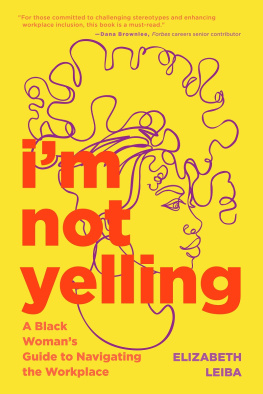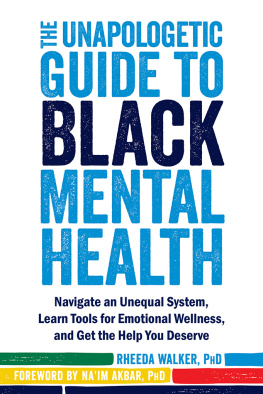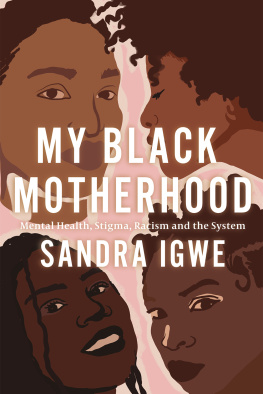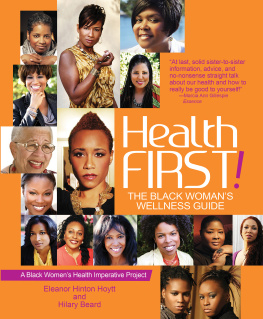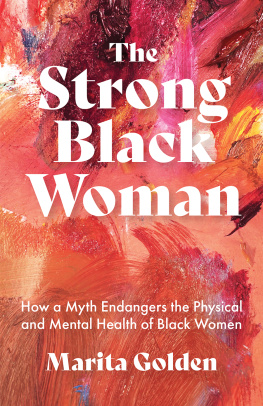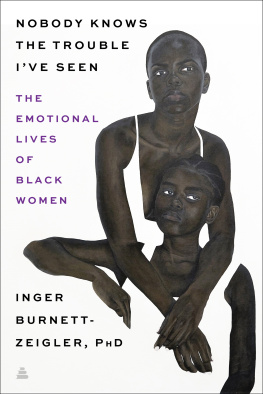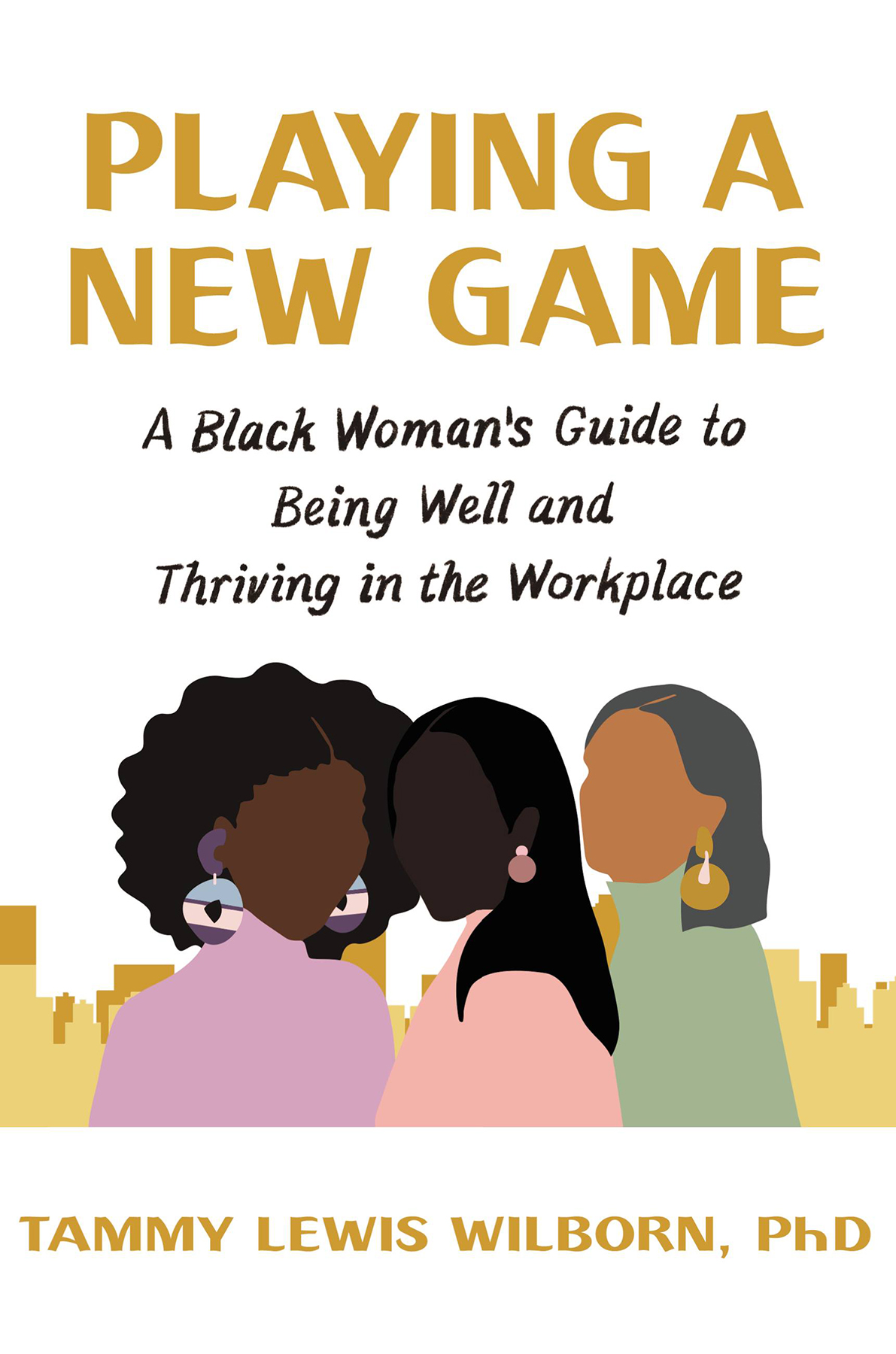
This book is not intended as a substitute for medical advice of physicians. The reader should regularly consult a physician in all matters relating to his or her health, and particularly in respect of any symptoms that may require diagnosis or medical attention.
Copyright 2022 by Tammy Lewis Wilborn
Cover design by Dominique Jones. Cover images by Shutterstock.
Cover copyright 2022 by Hachette Book Group, Inc.
Hachette Book Group supports the right to free expression and the value of copyright. The purpose of copyright is to encourage writers and artists to produce the creative works that enrich our culture.
The scanning, uploading, and distribution of this book without permission is a theft of the authors intellectual property. If you would like permission to use material from the book (other than for review purposes), please contact permissions@hbgusa.com. Thank you for your support of the authors rights.
Balance
Hachette Book Group
1290 Avenue of the Americas, New York, NY 10104
grandcentralpublishing.com
twitter.com/grandcentralpub
First Edition: October 2022
Balance is an imprint of Grand Central Publishing. The Balance name and logo are trademarks of Hachette Book Group, Inc.
The publisher is not responsible for websites (or their content) that are not owned by the publisher.
The Hachette Speakers Bureau provides a wide range of authors for speaking events. To find out more, go to www.hachettespeakersbureau.com or call (866) 376-6591.
Library of Congress Cataloging-in-Publication Data
Names: Wilborn, Tammy L., author.
Title: Playing a new game : a Black womans guide to being well and thriving in the workplace / Tammy L. Wilborn, PhD.
Description: First edition. | New York : Balance, 2022. | Includes index.
Identifiers: LCCN 2022019459 | ISBN 9781538708347 (hardcover) | ISBN 9781538708361 (ebook)
Subjects: LCSH: Minority women in the professions. | Minority womenEmployment. | Minority womenPsychology. | Minority womenHealth and hygiene.
Classification: LCC HD6057 .W55 2022 | DDC 331.408dc23/eng/20220511
LC record available at https://lccn.loc.gov/2022019459
ISBNs: 9781538708347 (hardcover), 9781538708361 (ebook)
E3-20220811-JV-NF-ORI
This book is dedicated to my late grandmother, Alma Marie Jordan, and my mother, Alma Marie Rosemond. Your struggles and sacrifices were not in vain. I pray that you are proud.
I wish I didnt have to write this book. I wish that all the recent hype about #BlackGirlMagic matched the reality of Black womens lives. Arguably, Black women are winning right now! In 2020, Kamala Harris became the first Black woman to be elected vice president of the United States. Former first lady Michelle Obama took over the literary world with her New York Times best-selling book Becoming. Queen Beyonc is still the queen! Black women are making a significant impact in every major industry, and closer to home, in my hometown of New Orleans, Black women are making history. In 2018, New Orleans elected LaToya Cantrell as its first Black woman mayor. A New Orleans native, chief justice Bernette Joshua Johnson was the first Black woman (and Black person) elected to the chief position in the Louisiana Supreme Court. Sevetri Wilson, entrepreneur and tech start-up founder, is the first Black woman in Louisiana to raise over $1 million in venture capital. Then theres Raynell Supa Cent Steward, founder of the multimillion-dollar makeup brand Crayon Case. Without a doubt, Black women are shining!
We are cultural influencers who are leading the dialogue on everything from beauty to politics. We are leading social movements that bring awareness, advocacy, and action to the issues that matter to us. We are, in essence, the shit! In the words of DJ Khaled, all we do is win, win, win! #BlackGirlMagic, right? So why write a book about Black womens work? The answer is simple: We might be winning at work (kinda), but we aint well at work.
Recently, I was invited to San Francisco by a group of Black and Latinx women in the tech industry to talk about my research and book project addressing Black womens work experiences. These women were leaders in tech, so I was quite grateful and honored to receive the invitation. When I arrived at dinner, I was immediately struck by the fact that these were young Black women in leadership positions for major tech companies. At their age, I was still in entry-level positions and wouldnt achieve what many of them managed to achieve professionally for many years to come. Except for one woman who I later learned was in her fifties, I was the second oldest woman at the table.
I also took note that every woman at the table had natural hair. As Black women, we know our hair is a situationespecially at work. Particularly in predominantly white work environments, your hair can be the subject of unwelcome conversation or gestures. (Can I touch your hair?) Or worse yet, your hair can be the reason you dont get hired, promoted, or retained. So, the fact that these women were a group of BOSSES who were young, Black, gifted, AND natural in a white, male-dominated field like the tech sector got my whole entire life together!
Their energy and youthfulness were refreshing to observe. The table was buzzing with excitement as these women made new connections and reconnections. I enjoyed listening to them talk boldly and unapologetically about whatever the topic of the moment was, which was mostly some variation of the white folks at their jobs doin too much. When it seemed that their volume had reached a point that others outside of our table could hear them, I noticed my own reaction with some amusement: a mix of Shhh, girl, they can hear you and Say it louder for the people in the back! As I am a member of the cohort between the baby boomers and millennials, on any given day my own behavior usually falls somewhere on the continuum between respectful and revolutionary. Yet these younger women claimed their space unapologetically in a way that was refreshing to see.
When the host introduced me, I shared a little about my life story and my purpose in writing about Black womens work experiences before inviting the women to share their own experiences at work. My reasons for this invitation were twofold. On the one hand, as a professional counselor with twenty-plus years of experience (and about that much time as a client myself), I fully understand the therapeutic value of telling your story. For Black women in particular, it is imperative for us to have safe spaces where our experiences can be heard, validated, and normalized. My other reason was curiosity about their experiences as Black women leaders in industries dominated by white men.
At the outset, part of me wanted to believe I would hear something different from what I already knew from my research, clinical work, and experience. However, as they each shared their stories, the usual suspects emerged: feeling devalued, exploited, invisible, hypervisible, confused, frustrated, excluded, disrespected, and exhaustedthings Id heard many times before. Some of their stories highlighted the deleterious effects of chronic stressful work experiences. For example, one woman shared how the stress and pressure of work had led her to contemplate suicide only weeks prior to our conversation. Another woman shared how discriminatory treatment at work triggered her to take a leave of absence to seek inpatient mental health treatment. As I listened to these women one by one, my initial feelings of joy and excitement were replaced by sadness and anger. I saw myself in these young sisters. Like me, they had received the same messages:


